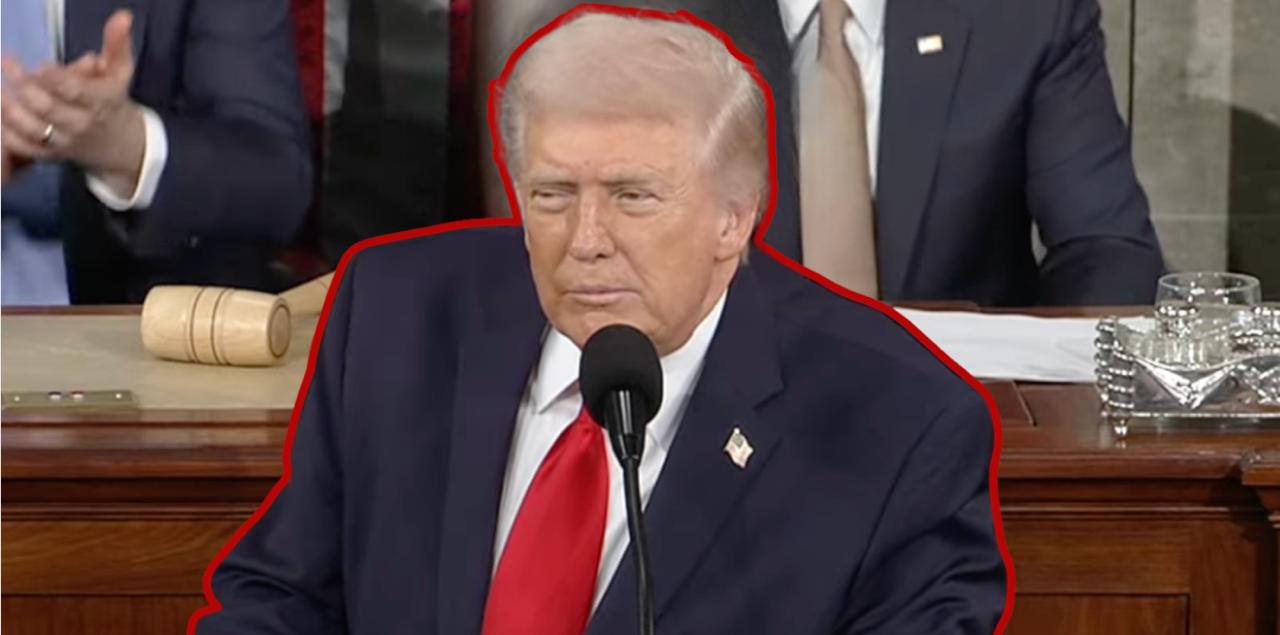The Netherlands, under the leadership of Geert Wilders' right-wing party, announced on Friday that it would be declaring a national state of emergency in an effort to reduce the influx of asylum seekers.
The government plans to end its policy of granting open-ended asylum permits and limit the circumstances under which those granted asylum can bring family members into the country. Currently, around 40,000 asylum seekers enter the Netherlands each year, according to DW.
The emergency law will also allow the Dutch government to suspend decisions on new asylum applications for the next two years and limit the facilities available to asylum seekers.
"We are taking measures to make the Netherlands as unattractive as possible for asylum seekers," explained Asylum Minister Marjolein Faber in a statement.
To implement these emergency powers to combat its ongoing migrant crisis, the Dutch government will issue a royal decree, allowing it to bypass parliamentary approval, similar to actions taken during the COVID-19 pandemic. However, it will need to prove that these policies are legally justified.
The move comes after Geert Wilders' election victory last year, which was driven by his promise to implement the strictest migration laws in the European Union (EU). In response to the Dutch government’s aims, the EU will likely push back on such policies as members have previously agreed to the EU’s migration pact, and opt-outs are typically discussed during the negotiating phase.
However, the Dutch government has reaffirmed its intention to seek an exemption from the pact.
In response to the Dutch government's announcement, EU spokesperson Eric Mamer stated, "We have adopted legislation, you don't opt out of adopted legislation in the EU, that is a general principle.”





